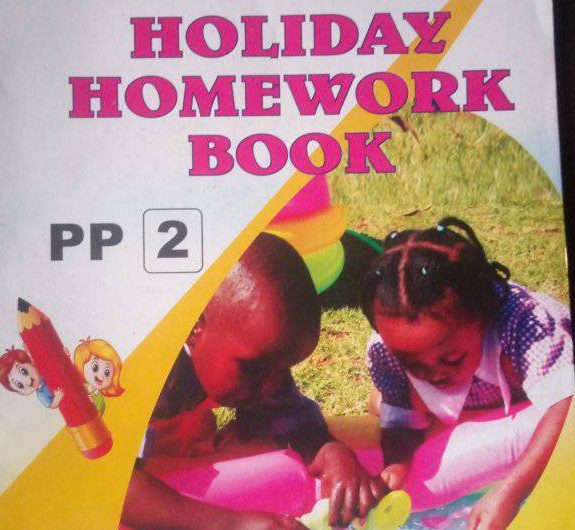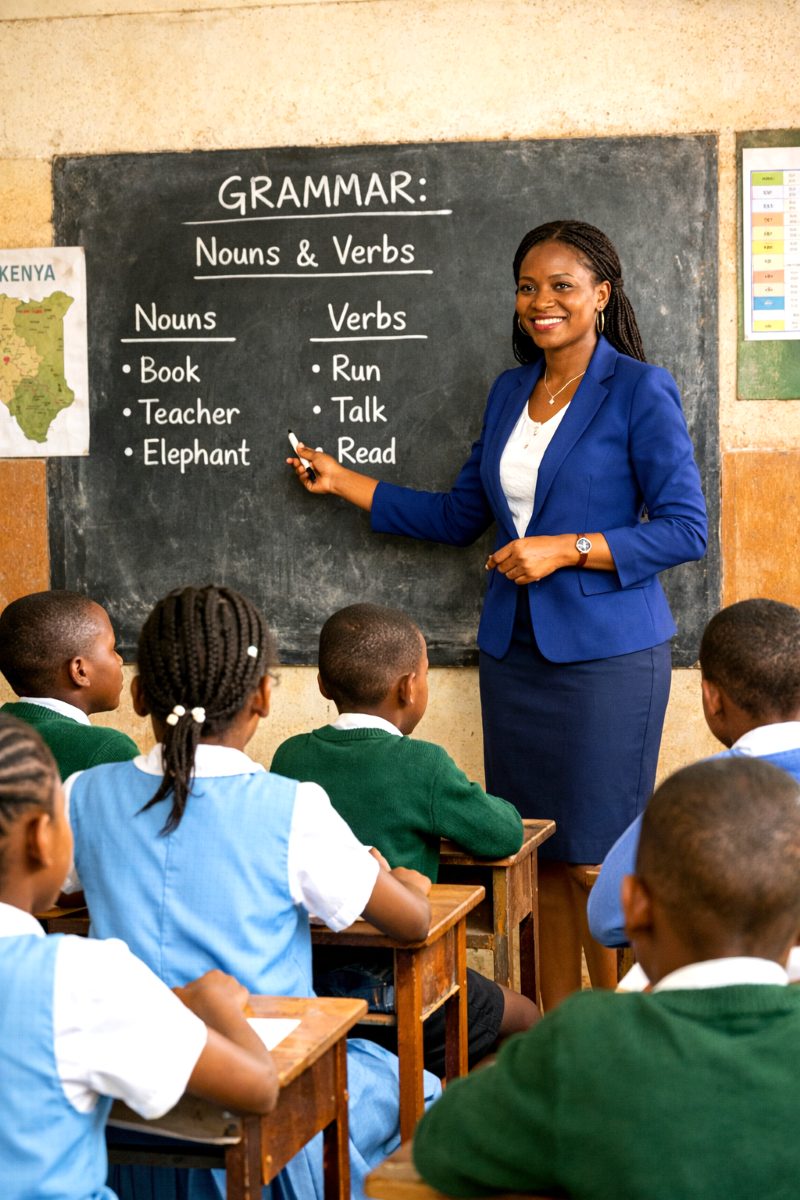As schools close for the long December holiday, the excitement of a break from routine fills the air. Students are eager to rest, play and reconnect with their families after months of academic rigor. In most private schools, the end of the term is marked by an important event known as “Open Day.” On this day, parents troop into schools to collect report books and interact with teachers. Ideally, this should be a day of honest reflection and constructive discussion about the child’s academic progress, social development and overall well-being. Unfortunately, in many schools, this noble tradition has been commercialized and corrupted by an increasing obsession with selling holiday homework booklets.
Teachers, instead of engaging parents in meaningful conversations about how to nurture the holistic growth of their children, have turned the session into a sales pitch. They convince parents that these homework booklets are indispensable tools for ensuring continuity of learning during the holidays. While there may be some truth in that claim, the practice has often been abused. The booklets, which cost less than one hundred shillings in the market, are sold to parents at inflated prices – sometimes three or even four times their actual cost. The justification given is that the books are “approved,” “school-recommended,” or “tailored to the child’s needs.” In reality, most of these books are generic compilations of revision exercises that neither challenge the learner intellectually nor nurture creativity. They are produced for profit rather than pedagogy.
This raises a deeper question: what is the real place and value of holiday homework booklets? Do they truly serve an educational purpose, or are they merely tools for exploitation under the guise of academic continuity? To answer this, we must first revisit the purpose of holidays in the school calendar. Holidays are not merely breaks from classroom work – they are essential periods for rest, reflection and renewal. The school year is an intense journey filled with deadlines, assessments and social interactions that demand physical and emotional energy from learners. A well-deserved holiday allows children to recharge, explore new environments and engage in experiences that promote social and emotional intelligence. It is a time to learn life skills beyond the classroom – helping in household chores, learning responsibility, spending time with family or discovering personal interests like drawing, reading storybooks or playing an instrument.
When children are burdened with stacks of homework booklets, this crucial rest is denied. The pressure to complete pages of repetitive exercises kills the joy of learning and turns education into drudgery. For many pupils, the holiday homework becomes a rushed task done in the final days of the break to avoid punishment. Parents, too, end up doing the assignments themselves to “save face” before teachers. In such cases, no real learning occurs – only a false sense of academic engagement. The booklets, therefore, fail both pedagogically and morally. They serve as symbols of compliance rather than curiosity.
ALSO READ:
KCSE English essay question on instances of betrayal in Fathers of Nations
Moreover, learning should not be confined to the four corners of a classroom or the pages of a booklet. The world is a classroom in itself. During holidays, children should learn through observation, experimentation and interaction. A child helping their parent cook learns fractions, measurements and sequencing. One who visits a farm learns about ecosystems, responsibility and patience. A child who reads storybooks or newspapers sharpens their language, comprehension and imagination. These are lessons that no mechanical workbook can replicate. True education should empower learners to connect knowledge with real-life situations, not merely to fill in blanks or shade multiple-choice answers.
However, this is not to say that all holiday academic engagements are bad. Structured learning can be beneficial if it is thoughtfully designed and implemented. A teacher who gives a few targeted exercises to help a struggling learner reinforce key concepts is performing a noble task. Similarly, parents who encourage their children to read widely, write journals, or explore educational projects during the holiday are supporting continuous intellectual growth. The problem arises when the purpose shifts from helping learners to enriching teachers or school owners. When the sale of homework booklets becomes a commercial transaction, the moral fabric of education is compromised. Teaching should be an act of service, not a scheme of profiteering.
Parents, too, must shoulder part of the blame. Many, out of fear of being seen as careless or uninvolved, blindly buy these expensive booklets without questioning their necessity or value. Some even measure a school’s seriousness by how much homework their children receive. This mentality needs to change. Parents should be active participants in their children’s education, not passive consumers of whatever schools prescribe. They should engage teachers in dialogue, ask for clear justification of any recommended materials, and ensure that the learning activities align with their child’s individual needs and well-being. A responsible parent would rather invest in storybooks, art materials, or educational trips than waste money on overpriced, monotonous workbooks that add no real value.
ALSO READ:
How Raila Odinga’s vision gave birth to Jaramogi Oginga Odinga University
Teachers, on their part, must reclaim their moral authority and professional ethics. The calling to teach is one of service and mentorship. Exploiting parents under the pretext of academic continuity erodes the dignity of the profession. The true teacher is not a trader but a guide, one who ignites curiosity and nurtures the learner’s potential. Instead of selling booklets, teachers should design creative take-home projects that encourage independent thinking. They can guide parents on simple home-based learning activities—like budgeting family shopping lists for mathematics, observing weather changes for science, or storytelling for language development. These experiences cost nothing but yield lasting impact.
At the policy level, educational authorities should also step in to regulate the commercialization of holiday assignments. The Ministry of Education, together with quality assurance officers, should issue clear guidelines on the nature, amount, and purpose of holiday work. Schools that exploit parents should be held accountable. Education is not a marketplace, and learning is not a commodity to be traded. When education becomes transactional, its transformative power is lost.
Ultimately, the true value of a holiday lies in balance. Children need both intellectual stimulation and emotional rest. They need space to grow, play, and dream. They need parents who listen, teachers who care, and a society that values authentic learning over artificial activity. A holiday homework booklet may fill a few idle hours, but it cannot replace meaningful engagement, family bonding, or creative exploration. As schools close for the December holiday, parents should remember that the best learning does not always come from a book – it often comes from life itself.
By Ashford Kimani
Ashford teaches English and Literature in Gatundu North Sub-county and serves as Dean of Studies.
You can also follow our social media pages on Twitter: Education News KE and Facebook: Education News Newspaper for timely updates.
>>> Click here to stay up-to-date with trending regional stories
>>> Click here to read more informed opinions on the country’s education landscape






